The Cyprus issue is not only a political dispute between the two communities on the island but also a strategic problem that directly affects the geopolitical balance in the Eastern Mediterranean. The competition over the energy resources in the Eastern Mediterranean, the armament trends in the region, and the occasional escalation of tensions in Türkiye-Greece relations have transformed the Cyprus issue from a mere negotiation process into a broader geopolitical struggle. Although the five-party conference to be held in Geneva on March 17-18 with the participation of the Turkish and Greek Cypriot sides, as well as the guarantor states Türkiye, Greece and the United Kingdom, is touted as a new stage in the search for a solution, current political realities suggest that this meeting will be a diplomatic initiative in which the parties will maintain their current positions rather than making structural progress.
Türkiye and the Turkish Republic of Northern Cyprus (TRNC) emphasize that the federation model no longer offers a sustainable solution and that a two-state structure is the only realistic alternative in Cyprus. On the other hand, the Greek Cypriot administration and Greece refuse to recognize the sovereign equality of the Turkish Cypriot people, advocating a federation model based on the principle of one sovereignty and one state. This situation makes it almost impossible for the parties to find common ground in the negotiation process. Lastly, the U.K., as one of the guarantor states under the 1960 Cyprus Treaty, will attend the Geneva meeting with a low-profile bureaucratic representation.
Türkiye and the TRNC demand that the U.K. adopt a neutral approach due to its past behavior. In particular, the close relations between the U.K. and the Greek Cypriot administration, both past and present, have led to the Turkish side not wanting the U.K. to take an active role in the negotiations. However, London’s approach will align with its international interests.
Negotiation dynamics
Although the United Nations has made various mediation efforts in recent years to settle the Cyprus problem, no consensus has been reached on the basic principles between the parties. The Geneva meeting, which will be held under the leadership of U.N. Secretary-General Antonio Guterres, is not a negotiation process but rather a platform for the parties to put forward their positions. This meeting will reveal how the interests of both sides are shaped for the solution of the Cyprus problem and how much flexibility they are willing to show for a solution.
The difficulties experienced in the negotiations in the past are among the main obstacles encountered in the search for a solution to the Cyprus problem today. The Turkish side has always shown flexibility toward solution proposals that would secure the rights of the Turkish Cypriot people and ensure lasting peace on the island.
However, the Greek Cypriot side has blocked the search for a solution by insisting on its own demands. The lack of trust between the parties and their different understanding of the solution have frequently led to a deadlock in the negotiations. In this framework, the U.N.’s role in this process has been shaped toward preserving the status quo rather than enabling the parties to reestablish dialogue with each other.
U.N. efforts to persuade the parties to resume negotiations will make no progress if they are based on a settlement that does not recognize the principle of sovereign equality. Türkiye and the TRNC clearly state that a settlement proposal that does not recognize the rights and sovereignty of the Turkish Cypriot people cannot be accepted. The U.N.’s efforts to unite the parties by ignoring this fundamental fact will only serve to maintain the status quo rather than contribute to the solution of the Cyprus problem.
East Med strategic balances
The Cyprus issue cannot be considered only as a status issue; it is also an integral part of the energy geopolitics in the Eastern Mediterranean. In recent years, the Greek Cypriot administration has pursued a strategy that excludes Türkiye by deepening its military and energy cooperation with the U.S., France and Israel. The U.S. lifting the arms embargo on the Greek Cypriot administration, its NATO membership target and attempts to purchase air defence systems from Israel are the main factors that have changed the security balances in the region.
On the other hand, the Greek Cypriot administration’s unilateral claim to hydrocarbon resources in the Eastern Mediterranean, ignoring Türkiye, further deadlocks the negotiation process. Its energy cooperation with Greece, Egypt and Israel ignores the interests of Türkiye and the TRNC and tries to turn the balance of power in the region against Türkiye.
In this context, Türkiye’s strategic moves in the Eastern Mediterranean directly affect the course of the Cyprus issue. The maritime jurisdiction agreement signed with Libya in 2019 strengthened Türkiye’s role in the region. Taking a similar step with Syria may contribute to Türkiye’s turning the equation in the Eastern Mediterranean in its favor.
A possible Exclusive Economic Zone (EEZ) agreement between Türkiye and Syria would not only pave the way for the start of a new process in diplomatic relations between the two countries but would also be a strategic move that would change the geopolitical balances in the Eastern Mediterranean in Türkiye’s favour. Such an agreement would weaken the maximalist claims of Greece and the Greek Cypriot administration in the region while strengthening Türkiye’s position in the Eastern Mediterranean by providing a more solid legal basis for its energy policies.
Consistency in deadlock
The Geneva talks, rather than being a new stage for the settlement of the Cyprus issue, should be considered as an effort by the parties to manage the process in their favour by maintaining their current positions. Türkiye and the TRNC should determine their diplomatic strategy in a more proactive framework, not only in a reactive manner. Initiatives to increase the international recognition of the TRNC should be continued, moves to increase Türkiye’s influence in the Eastern Mediterranean should be made, and the negotiation process should be opposed to becoming a tool used only to maintain the status quo.
However, it is of utmost importance for Türkiye and the TRNC to endeavour to find a solution based on political equality for the Turkish Cypriot people through wider diplomatic initiatives in the international arena. The Turkish side should conduct effective diplomacy toward the global public opinion, develop new platforms to break the isolation of the Turkish Cypriot people, and take concrete steps to change the status quo on the island.
It is clear that the parties should show flexibility in solving the Cyprus problem. However, as long as the maximalist demands of the Greek Cypriot administration and its regional alliances that exclude Türkiye continue, the possibility of a real solution in Cyprus is diminishing. The Geneva meeting will not go beyond being a platform where the deepening gap between the parties will be confirmed once again.

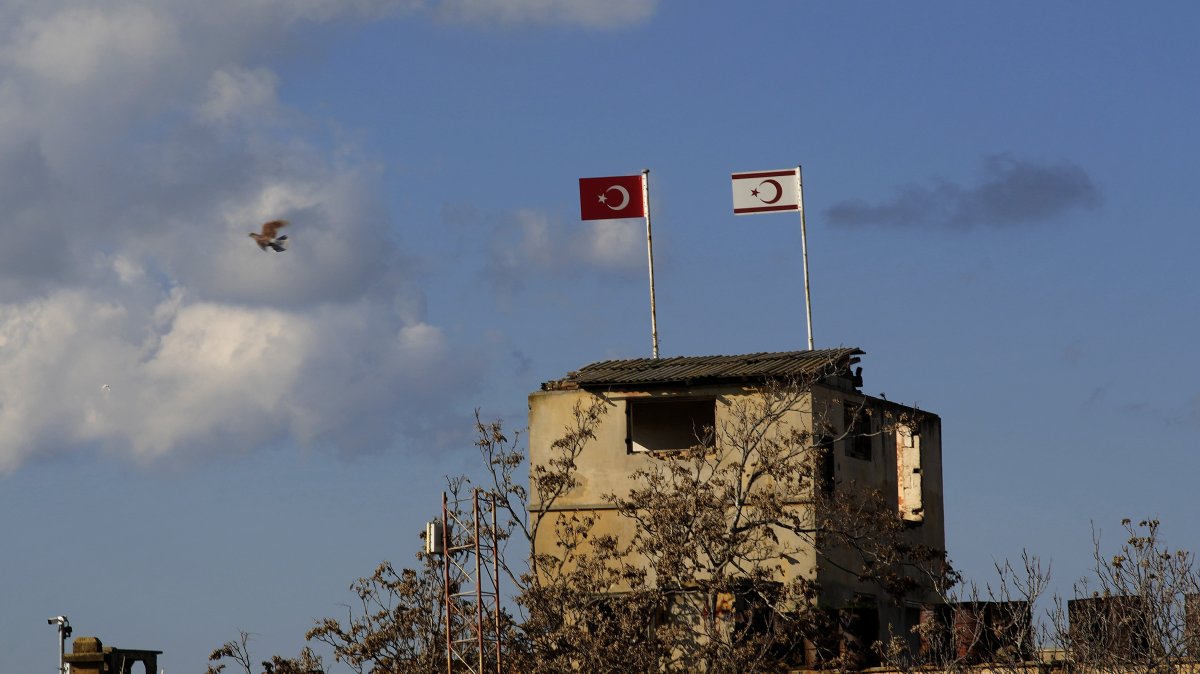



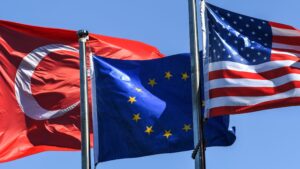
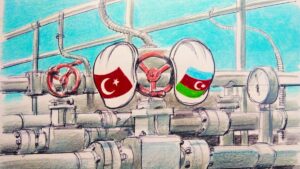












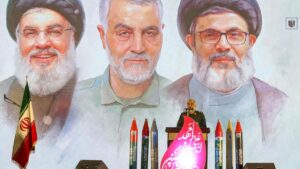







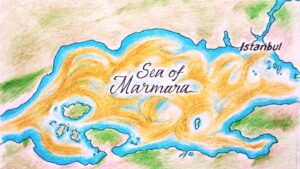
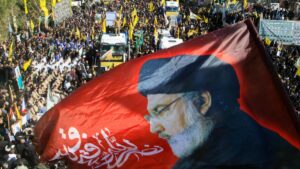






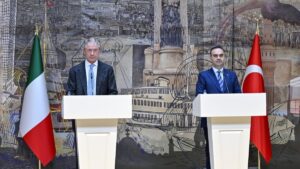




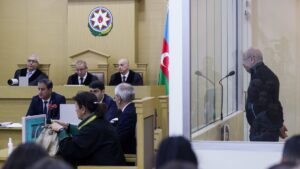

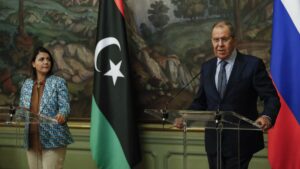
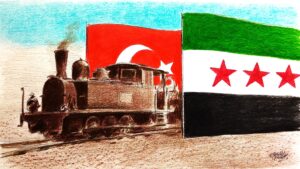




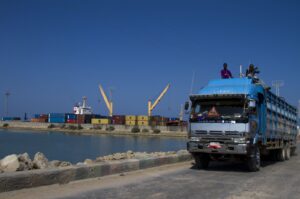



Be First to Comment